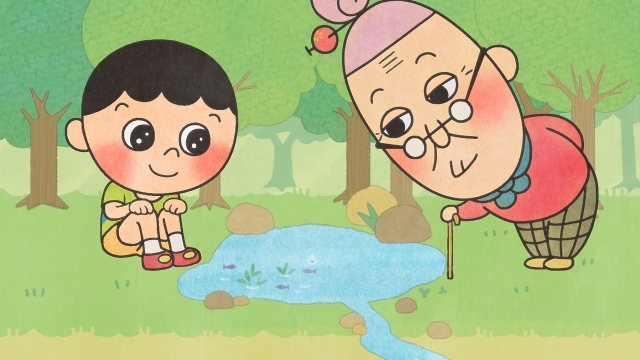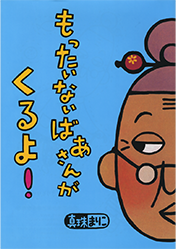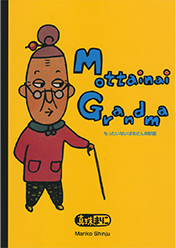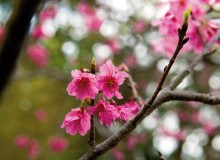
March 11, 2022
The Spirit of Mottainai Culture
How an ancient Japanese sentiment is key to a sustainable future
In some respects, it is true that the culture of mottainai has become one of shouganai. Meaning the sentiment that “we should not waste anything”, has turned into a platitude of “it can’t be helped, wasting things is part of life.”
There are clearly noticeable examples of this surrounding recycling here in Japan. From outdated efforts like “Reduce, Reuse and Recycle,” to more comical examples in which non-recycled cardboard is shipped to China, recycled there and then sold back to Japan as paper. The message is clear that Japan needs to step up its game when it comes to recycling.
However, there are a multitude of ways in which the spirit of mottainai is alive and strong, even today.

One such example is the non-profit organization Mottainai Japan. With a motto of, “In the spirit of mottainai, we continually give back to society,” it is pretty self-explanatory what Mottainai Japan is trying to accomplish. Mottainai Japan makes large efforts to partner with local businesses, individuals, and large companies to donate unused products to those in need. This can be anything from holiday cards to toothbrushes and food; of course, monetary donations are always accepted.
In August 2021, Mottainai Japan donated soap and masks to orphanages in Myanmar and Vietnam. More recently they have donated school backpacks to an orphanage here in Japan, The Children’s Garden, which is home to 40 children and located in Kanagawa prefecture.
While there are some people or companies, like Mottainai Japan, who donate to those in need, there are others who spread the spirit of mottainai in more creative ways. Starting in 2004 the author Mariko Shinju, wrote a series of children’s books centered upon a wise and healthy Grandma named “Mottainai Baasan” (“Mottainai Grandma”), who has taken it upon herself to educate children about the reason why mottainai is so important.
Mottainai Baasan educates children about everything from not wasting their food, to Buddhist philosophy and the connection of other living or non-living things to oneself, to the importance of teamwork when it comes to cleaning up the environment. All of Mottainai Baasan’s lessons are tied to the deep cultural meaning of mottainai.
About a decade later, the Mainichi Shinbun (a very well-known newspaper) began publishing a weekly comic titled, Mottainai Baasan Diary, this comic is filled with short stories about this older woman’s days, her thoughts, wisdom, and the ways in which she passes on this knowledge to younger generations (not just to children). In this way, the waste-not-want-not grandma was able to remind and encourage all generations to embrace the mottainai way of thinking and living.

Subsequently, a short anime series about her was created based on the original children’s books written by Mariko Shinju. The anime can be easily found on YouTube, and it is targeted towards a child audience, however, the values portrayed in the anime are for all ages.
In conjunction with AEPW, (Alliance to End Plastic Waste), “Mottainai Baasan”, strives to spread awareness throughout the world about sustainable living and proper disposal of plastics and other waste products.
Ever since Mariko Shinju published her books, she has made a point of spreading the concept of mottainai around the world not only by having her books translated into several other languages (including English), but she also continues to hold events for adults.
In these events, she teaches adults the importance of mottainai, what it really means, and why they should try to teach those values to their children and reflect them in their communities.
Through these non-profits and Mottainai Baasan, outdated 3R platitudes (Reduce, Reuse and Recycle) have been transformed into 4R platitudes (Reduce, Reuse, Recycle and Respect). The spirit of mottainai can only be encapsulated if one not only does not waste but also considers and respects the world, all the living and non-living things that inhabit it, as well as oneself.







